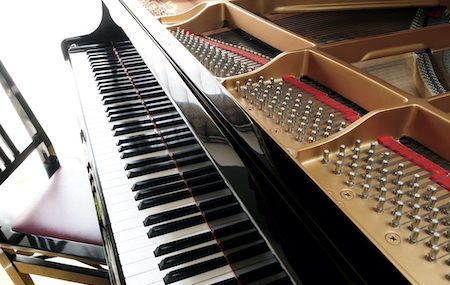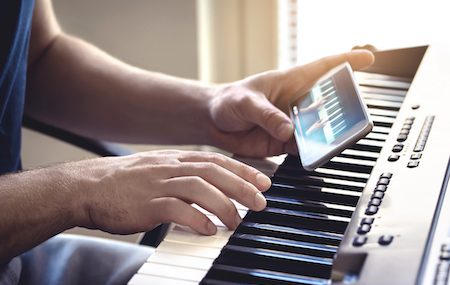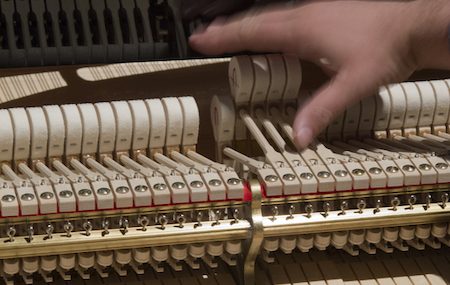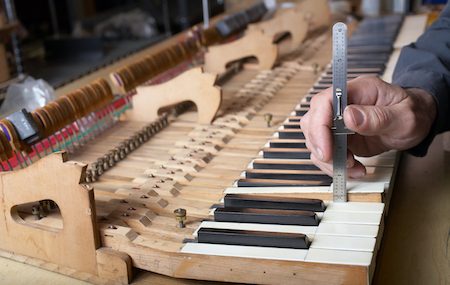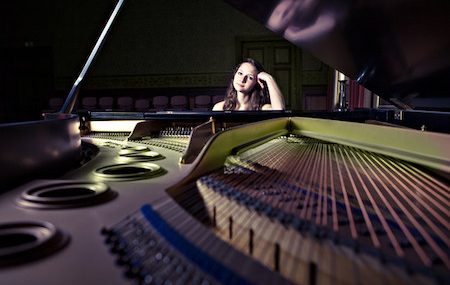Church music today can mean a variety of different things. To a small traditional church, it might mean organ and piano music with a choir. To a large congregation, it may mean a large band with modern songs.
That can give any pianist a full array of ways to share their music with their community.
But how can you make it even better? We have a few tips for you.
Always be learning
If you’re playing for your church, chances are you’ve been playing piano for a while. You already know that piano playing is a lifetime endeavor, not something you can learn in a few months or even years. If you choose to play for your local congregation, step up your practice sessions to become better at what you’re sharing. Work through new songs before you ever sit down with the band or choir. The more practice you’ve had on the work you’re going to share, the more ideas you can bring to your first practice session.
Practice with the band and choir
As you bring new music to the table, talk with other members about how you can change it up. Should you match the ranges of the singers, or should complement them in other ways? Can you add your own flavor to make the songs more meaningful? Especially if you have other highly energetic musicians, find ways to bring a new flair to your performances. It could be the boost you need to attract new members to your church.
Always be prepared
It’s good to note that every week, you’ll be doing live performances. That takes improvisational skills too. Always be prepared for spontaneous changes in the program. Have ideas planned with the rest of the musical performers. Practice this – how can you make changes and yet have it feel like it was all planned? The more you work together, the more creative you can be.
Church pianists have a special role in bringing the community together. Your job is to fill each program with the joy and love of music.
What can you do to make that a more enjoyable experience?


